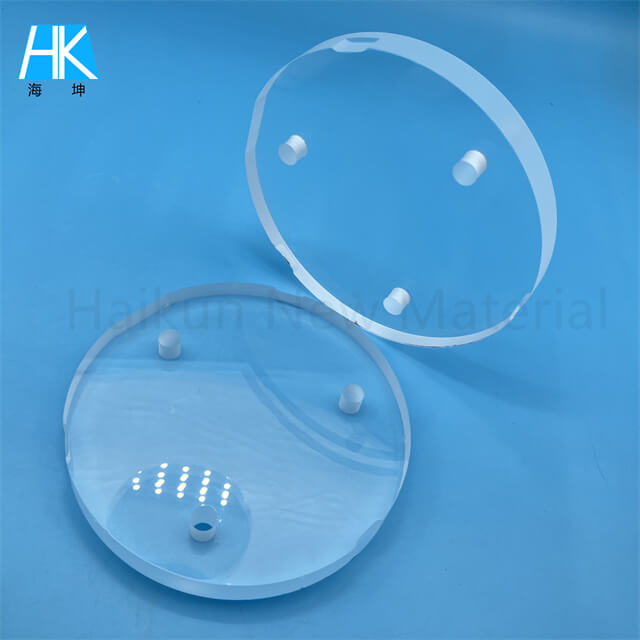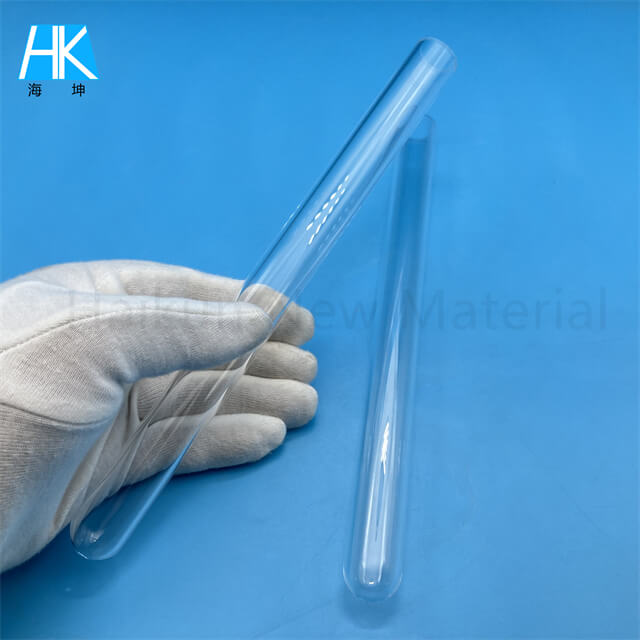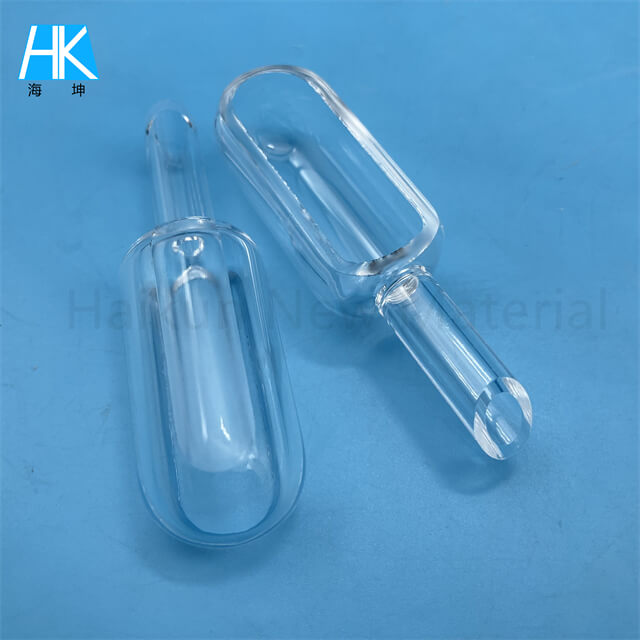What are the differences between quartz glass and normal glass?
Quartz glass has higher purity (over 99.9% silica), offering better thermal stability, chemical resistance, and optical clarity, but is more brittle. Ordinary glass has lower purity and is less stable but more durable and versatile for everyday uses like construction and packaging.
E-mail:sales01@hkceramic.com
There are significant differences between quartz glass and ordinary glass in terms of composition, performance, and application. Here are their main differences:
Ordinary glass is mainly composed of silicon dioxide (SiO2), sodium carbonate (Na2CO3), limestone (CaCO3) and other raw materials, of which silicon dioxide is the main component, accounting for more than 50%.
The main component of quartz glass is also silica, but its purity is relatively high, usually above 99.9%, and may contain a small amount of impurities such as alumina, calcium oxide, etc.

Thermal Stability: Quartz glass has high thermal stability and can remain stable at high temperatures and is not easy to melt. Ordinary glass has relatively low thermal stability and is prone to softening at higher temperatures.
Chemical Stability: Quartz glass has excellent chemical stability and does not react with chemicals such as acids and alkalis. Ordinary glass is susceptible to corrosion in alkaline environments, and is also more sensitive than quartz glass when reacting with acids.
Optical properties: Quartz glass has high light transmittance and low light absorption coefficient, and is suitable for optical instruments with higher requirements. Ordinary glass has a relatively low light transmittance and is suitable for general packaging and decoration purposes.
Mechanical Properties: Quartz glass has higher hardness and higher compressive strength than ordinary glass. However, quartz glass is prone to brittle fracture, while ordinary glass has better toughness and is not easily broken.

Ordinary glass is widely used in construction, furniture, packaging, transportation and other fields, such as windows, glass doors, glasses, etc.
Due to its unique properties, quartz glass is suitable for applications with higher requirements, such as optical instruments, semiconductor equipment, laboratory

